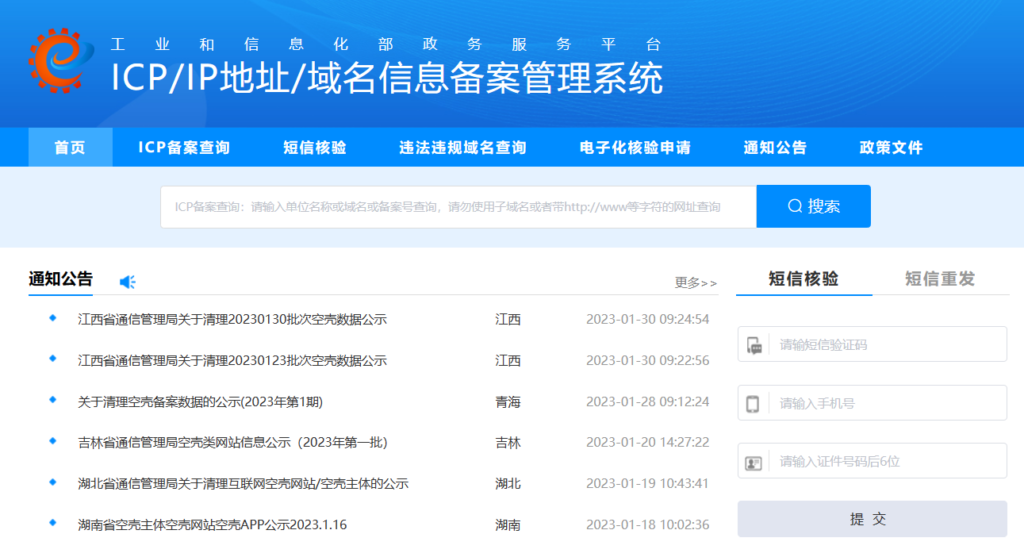The New Company Law of China Will Take Effect on July 1, 2024

The revised draft of the “Company Law of the People’s Republic of China” (hereinafter referred to as the “New Company Law”) was approved in December 2023 and will take effect on July 1, 2024. As the implementation of the New Company Law approaches, this article focuses on several key amendments to help enterprises understand the latest compliance requirements.
1. Enhancement of the Registered Capital Subscription Period
The existing registered capital subscription registration system has lowered the threshold for company establishment, leading to a significant increase in the number of startups. However, in practice, there have been instances of excessively long subscription periods, false capital contributions, and impacts on transaction security. To further reinforce shareholders’ capital contribution responsibilities, article 47 of the New Company Law stipulates that the subscribed capital of all shareholders must be fully paid within five years from the date of the company’s establishment, as specified in the company’s articles of association. Additionally, the State Council, based on recommendations from the State Administration for Market Regulation, is authorized to create specific measures. These measures will provide a transition period for companies established before the new law’s implementation. If these companies have subscription periods exceeding the 5-year deadline in the New Company Law, they must gradually adjust their subscription periods to comply with the new regulations.
2. Improvement of Company Establishment and Deregistration Procedures
The New Company Law introduces a new chapter, “Company Registration”, which clarifies the procedures for company establishment registration, modification registration, and deregistration. It mandates that registration authorities optimize registration processes and improve efficiency.
Additionally, Chapter 12 of the New Company Law introduces simplified deregistration and compulsory deregistration procedures. The compulsory deregistration procedure provides a legal basis for registration authorities to perform deregistration duties, thereby addressing the issue where deregistration could only be initiated by application.
3. Relaxation of Restrictions on One-Person Company Establishment
Under the previous legal framework, an individual could only establish one one-person limited liability company, and such a company could not invest in establishing another one-person limited liability company. The New Company Law relaxes these restrictions, allowing for the establishment of one-person companies limited by shares and permitting an individual to establish multiple one-person companies. These one-person companies are also allowed to invest in establishing other one-person companies.
Are you considering selling products or offering services in China but lack familiarity with the local laws? Anber Consulting offers customized compliance advice, analyzing relevant Chinese laws and regulations in your industry and keeping you informed of legal requirements and updates.





